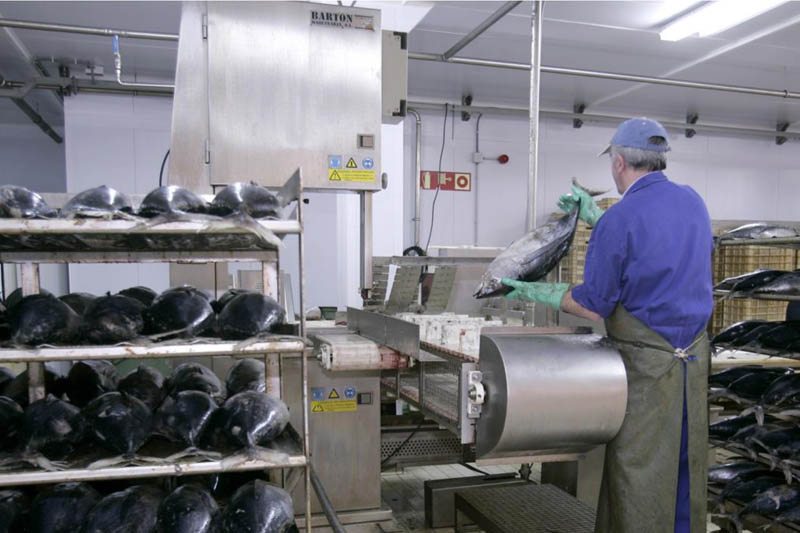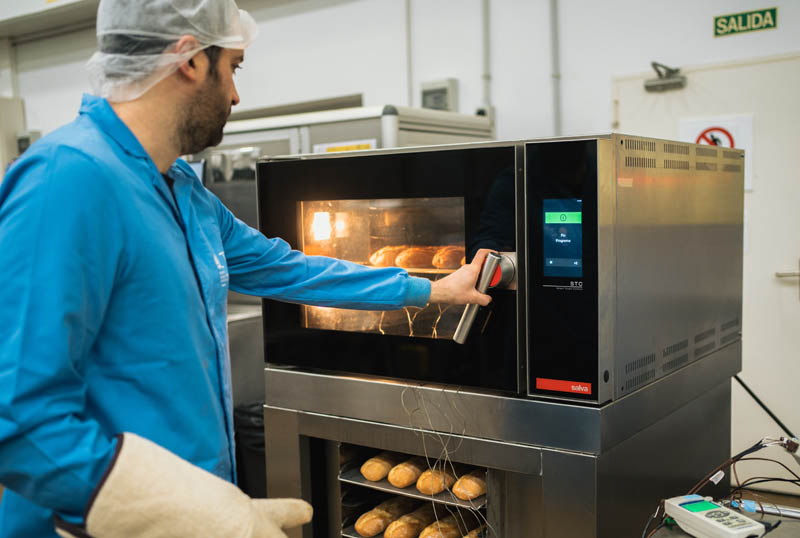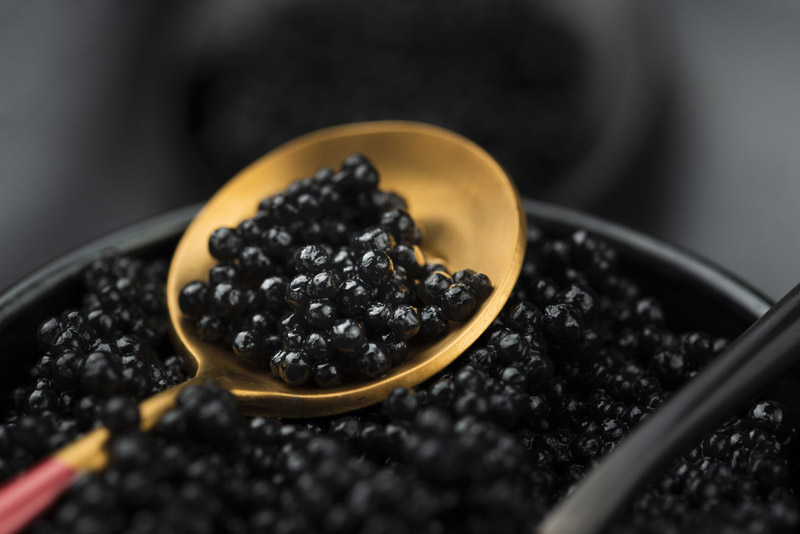Canned tuna, tasty, healthy and increasingly more sustainable
Últimas noticias
Una mirada LGTBIQ+ al reino animal
Circular Economy in Action: Valorisation of By-products through Projects like PRIMA NEWFEED
Strategic Perspectives: Highlights from the Food4Future World Summit for Business Leaders
- The AZTI technology centre has developed a new technological solution for the Serrats canning company that optimises resources and reduces the environmental impact associated with the tuna cooking process.
- Thanks to brine regeneration technology, 90% of the brine can be reused in the process, which improves the use of raw materials, while at the same time recovering a new protein concentrate with various potential applications..
Bermeo, 3rd August 2022– Serrats Canned Company is a company concerned about the environment, its products, with the blue MSC seal, come from sustainable fisheries. In recent years they have committed to a policy of “responsible use of energy” and a reduction in the use of water in their processes. Now it is the turn of the bonito (tunna) cooking brine.
The management of the exhausted brine from the cooking of tuna has become a headache for the main canning companies due to the high economic cost involved in its management, since, due to its high salinity, it is difficult to discharge it into the sewage system.
The AZTI technology centre has designed and validated a biorefining process with the Bermeo canning company Serrats to give a second life to the brine generated during the cooking of tuna. This initiative, which has arisen from the collaboration between AZTI and Serrats, has received funding from the Basque Government as part of the R+D+i programme.

” In canning companies arises the need to separate the brine from the cooking of tuna from the wastewater in order to manage it as waste, which involves a significant cost in terms of management, transport, storage and treatment. Moreover, this cost has been increasing over time,” explains Mónica Gutierrez, AZTI’s sustainability expert and head of the initiative.
In this context, AZTI, with extensive experience in the reduction, reuse and valuation of food by-products in different applications, has adapted the biorefinery process to the tuna sector to recover the spent brine, in a regenerated brine prepared for reuse in new cooking and its valuable components (protein and oil), which avoids dumping with its consequent environmental impact.
“The first part of the problem that we have solved has been the generation of a methodology that we have validated in Serrats and that has allowed them to ‘regenerate and recycle’ 90% of the brine in a hygienic way and thus improve the sustainability of their production”, adds the AZTI expert. This means going from managing 265 tonnes of brine to managing only 26.5 tonnes, with the consequent reduction in environmental impact.
The next step that the project team has been working on is to find a strategy for the valorisation of the protein concentrate obtained from brine regeneration. “The effort has focused on finding viable options for the commercialisation of the recovered fish proteins as new raw materials to obtain products for human food, animal feed, and even as a high-value ingredient for the formulation of fertilisers,” concludes Gutierrez.







